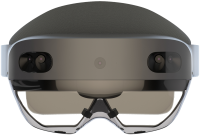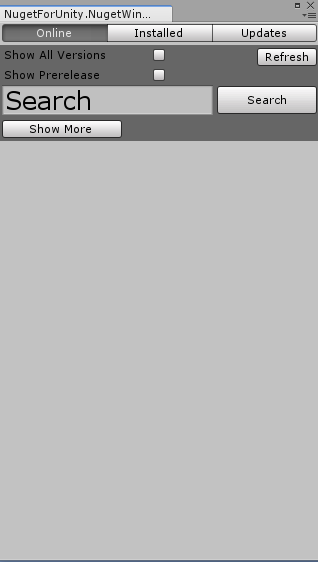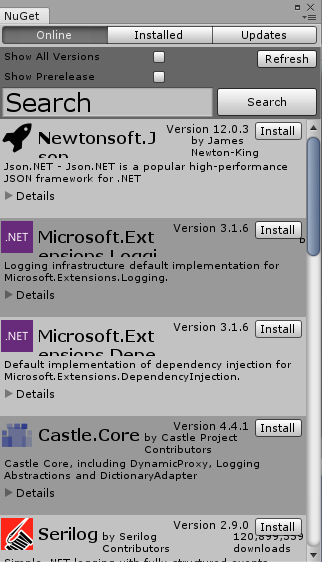Intro
In November 2007, I started my journey into blogging. Little did I know I was taking the first step that would ultimately made me a Microsoft MVP, took me several times to the campus in Redmond, and even put me on the road to HoloLens development. Back then I took the easy and cheap route and opted for Blogger, then an independent company. Unfortunately, the company was later acquired by Google and after that the platform did not get much love anymore. The online editor, at the time great, became more cumbersome to use over time. Then came LiveWriter, part of Microsoft Essentials, and suddenly I could blog in a WYSIWIG Word style editor. This made life so much easier.
But Live Essentials was slowly being phased out, and little by little, Live Writer was also sunsetting. But in the end of 2015 the product was given a new leash on life by being rechristened as "Open Live Writer". This was especially important as Google changed the Blogger API regularly. When it became a Store app, life became even easier: it got updated automatically!
That is... for the time enthusiasts were still willing to maintain it. The repo associated with Open Live Writer has been showing little activity the last year. Also the Blogger platform, having received very little love by Google, has lost a lot of usage, to such an extent that repos for blogging tools simply close down issues asking for Blogger support calling it "a bunch of work for little payback". And this comment is from 2017.
Recently I had my laptop reinstalled, and when I wanted to re-configure Open Live Writer again, I was greeted with this:

At this point, I had enough. After almost 13 years jumping through several hoops to keep this puppy alive, it was time to move on.
DotNetByExample - The Next Generation
And here we are. I have copied over all the content to my new home on the web, using GitHub pages, after consulting with my dear friend Matteo Pagani. This is the provisionary look & feel, there is still a lot I don't like, but at least it's accessible and maintainable for me again. I also wrote a little tool that updates all links to previous blogposts inside the imported pages, and even generates a JavaScript snippet that redirects all links to the migrated articles in the new blog.
So after 13 years, it's time to leave this spot that has been my home on the web for so long. I hope you will all join me on my continuing journey in development!




